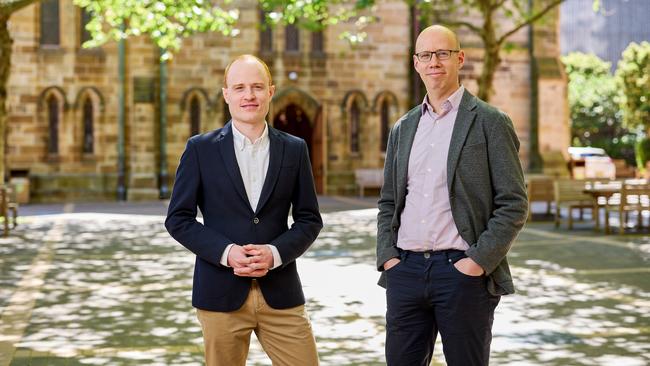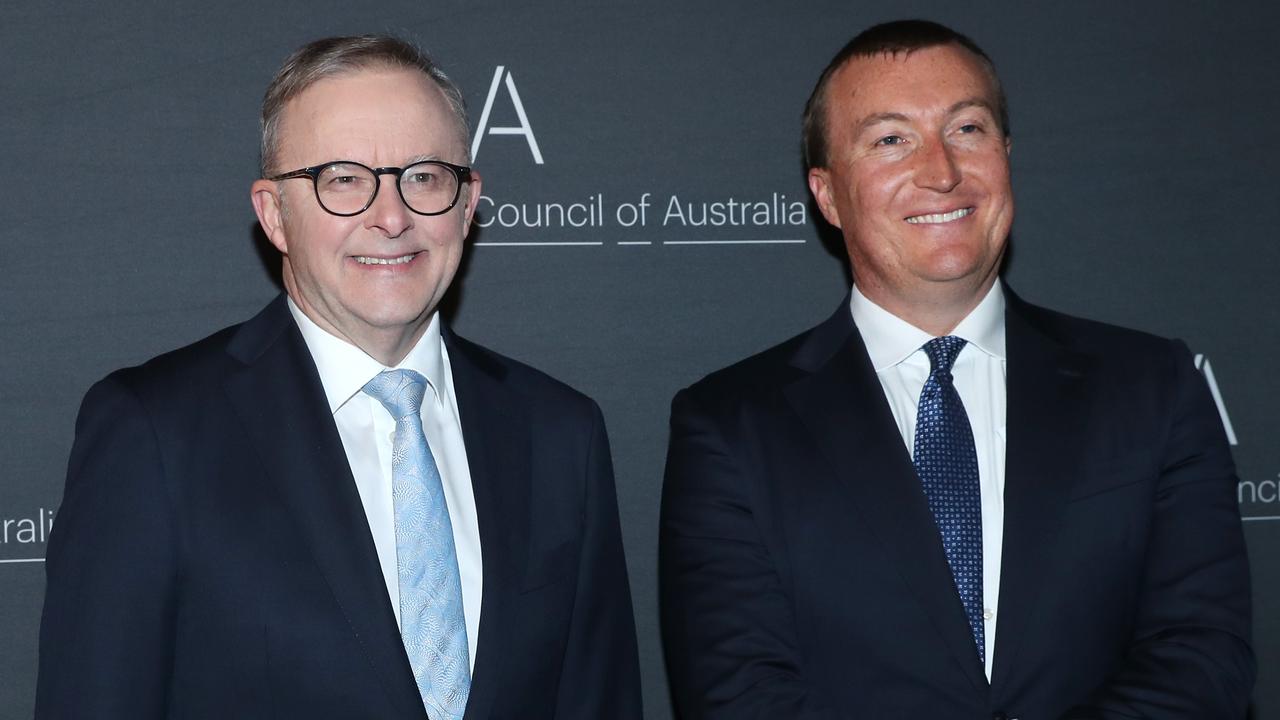Notre Dame explores oldest questions for modern lessons
The University of Notre Dame Australia is looking to “explore the deepest and oldest questions” facing humanity.

The University of Notre Dame Australia is launching a new Centre for the History of Philosophy to “explore the deepest and oldest questions” facing humanity.
All students at the University of Notre Dame, regardless of their discipline, need to study a few philosophy subjects, with the centre’s co-director, Nathan Lyons, saying there are certain questions that lie behind and beyond the limits of other disciplines.
It makes the expansion of the academic discipline of the history of philosophy a “natural fit” for the university, he says.
The university is hoping the centre, which will be in partnership with the University of Notre Dame USA, will be a leader in philosophy research, hosting high-impact events, securing research funding and mentoring the next generation of academics.
“The motto for the centre is exploring the deepest and oldest questions,” Dr Lyons said. “We study the texts, thinkers and traditions from the past, but we’re also interested in what we can learn from these past thinkers to address questions that matter to us now.”
The centre’s researchers are experts in ancient, medieval and early modern periods, studying texts by philosophers such as Aristotle, Plato, Thomas Aquinas and Margaret Cavendish.
“I think students find something to resonate with and something new when they’re reading the great texts, the great thinkers of the past,” Dr Lyons said.
The centre, officially launching on Monday, has received $1.3m in funding from the Australian Research Council, as well as funding from Notre Dame’s innovative research partnerships scheme known as Big Ideas.
Dr Lyons said philosophy was as important today as in any time in the past. “The same questions that mattered in ancient Athens or Medieval Europe … are the deepest human questions,” he said. “What is a good life? What is knowledge? What is the nature of reality? Those questions matter no matter who you are.”
He said the use of artificial intelligence over the last two years had created new philosophical questions for humanity.
“We’re trying to understand what thinking and understanding is, comparing ourselves for better or worse to AI,” he said.
“And I think the strengths and the limits of technology are becoming more and more clear. For some people, that opens naturally onto philosophical questions.
“If the computer is going to do the type of stuff we think of as human work, what’s left for human beings to do?”
Associate Professor David Bronstein, senior research fellow at the Institute for Ethics and Society, will direct the centre with Dr Lyons.



